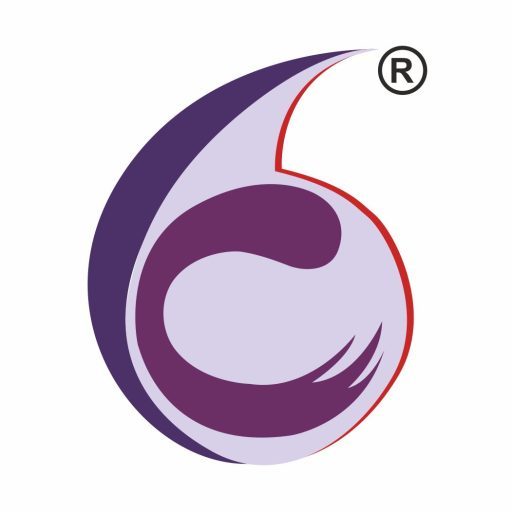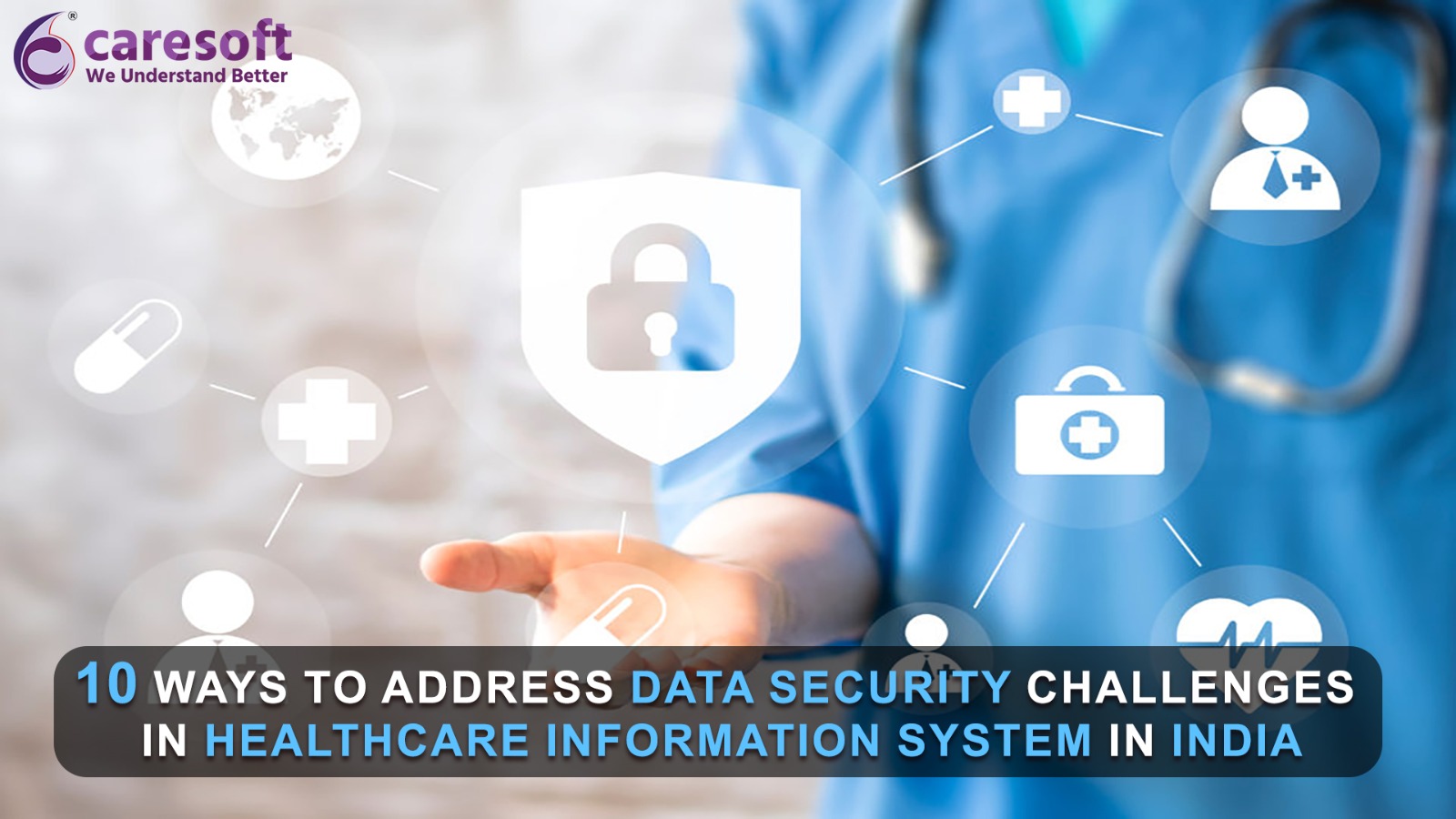Data security is a paramount concern in hospital information systems (HIS) in India, given the sensitive nature of patient information and the increasing prevalence of cyber threats. Several challenges must be addressed to ensure the integrity and confidentiality of healthcare data.
addressing data security challenges in hospital information systems is critical to ensuring the confidentiality, integrity, and availability of patient data in India. By implementing robust cybersecurity measures, complying with data protection regulations, providing staff training, and securing connected medical devices, healthcare providers can mitigate the risks posed by cyber threats and safeguard patient information effectively.
In the rapidly evolving landscape of healthcare technology, safeguarding patient data in hospital information systems is paramount.
Here are 10 proactive solutions to address data security challenges in Indian healthcare settings.
- Robust Encryption: Implementing strong encryption protocols for sensitive patient data to protect it from unauthorized access or theft.
- Multi-factor Authentication: Enforcing multi-factor authentication (MFA) mechanisms to ensure that only authorized users can access hospital information systems.
- Intrusion Detection Systems (IDS): Deploying IDS to monitor network traffic and detect real-time suspicious activities or unauthorized access attempts.
- Regular Security Audits: Conducting periodic security audits and vulnerability assessments to identify and address potential weaknesses in hospital information systems.
- Data Loss Prevention (DLP) Solutions: Implementing DLP solutions to prevent the unauthorized transmission or leakage of sensitive patient data.
- Access Control Policies: Establishing stringent access control policies to limit the access rights of users based on their roles and responsibilities within the healthcare organization.
- Employee Training and Awareness: Providing comprehensive training programs to educate healthcare staff about cybersecurity best practices and the importance of data security.
- Secure Configuration Management: Ensuring that hospital information systems are configured securely to minimise the risk of exploitation by cyber attackers.
- Incident Response Plan: Developing and implementing an incident response plan to effectively manage and mitigate the impact of security incidents or data breaches.
- Collaboration with Cybersecurity Experts: Collaborating with cybersecurity experts and partnering with specialized cybersecurity firms to stay updated on emerging threats and best practices in data security.
By implementing these solutions, healthcare organizations in India can enhance the security posture of their hospital information systems and better protect patient data from cyber threats and unauthorized access.

